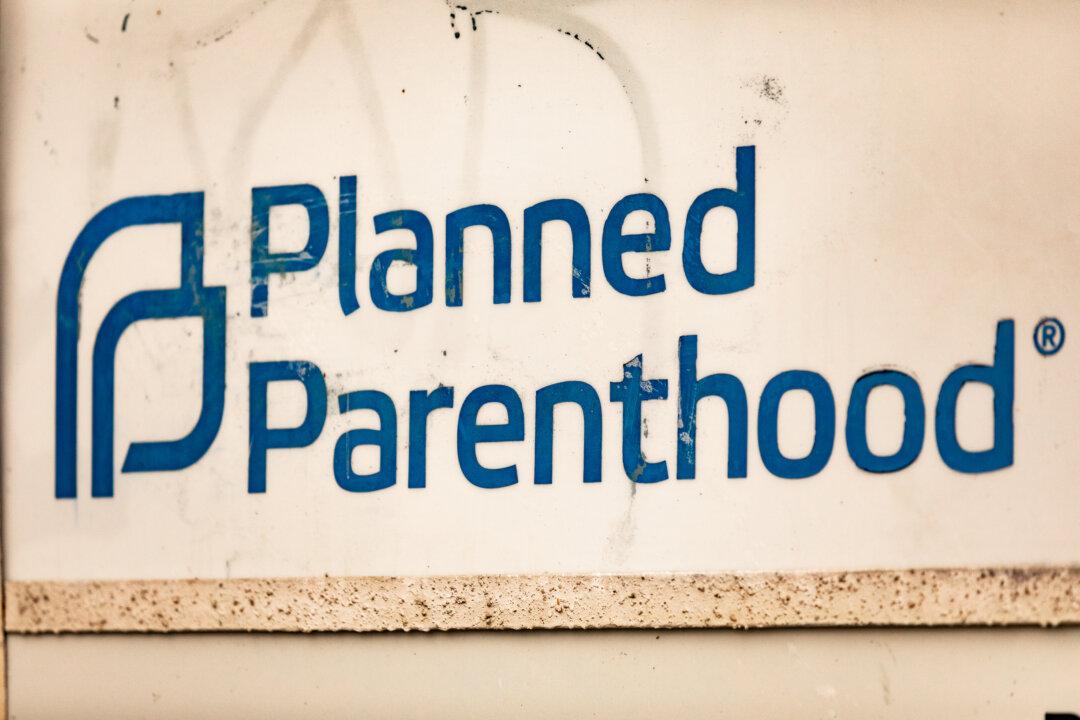LOS ANGELES—Amid news the U.S. Supreme Court is poised to overturn the landmark abortion decision Roe v. Wade, the Los Angeles County Board of Supervisors on May 3 threw its support behind a proposed pilot project aimed at making the county a “safe haven” for women seeking abortions, regardless of residency.
The county Board of Supervisors on May 3 voted unanimously in support of Senate Bill 1245, which would establish a “reproductive health-care pilot project in the county … to safeguard patient access to abortions, regardless of residency,” according to the motion by Supervisors Holly Mitchell and Sheila Kuehl.





